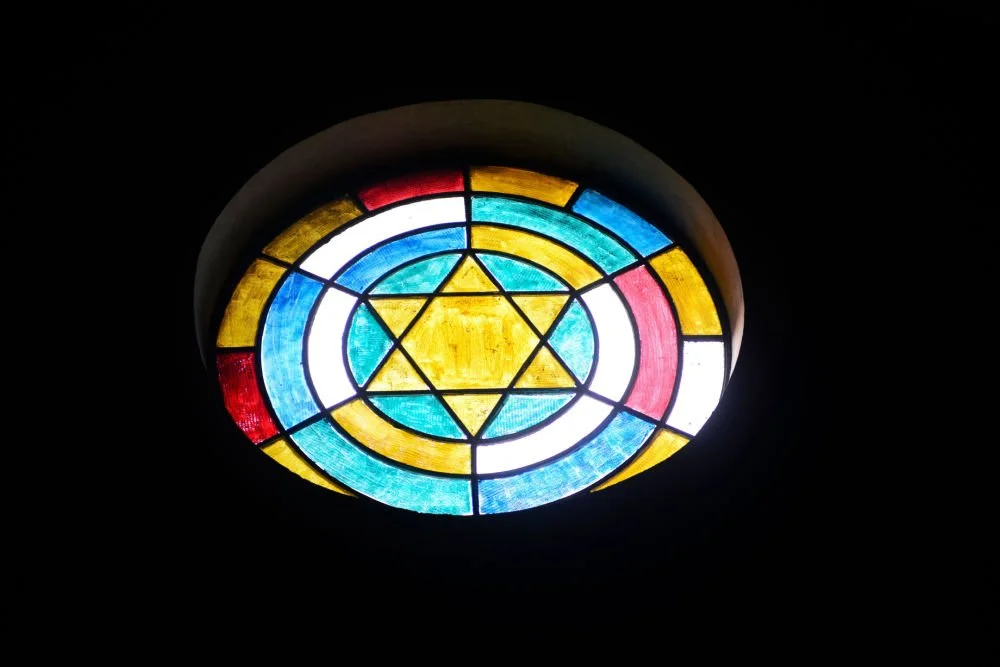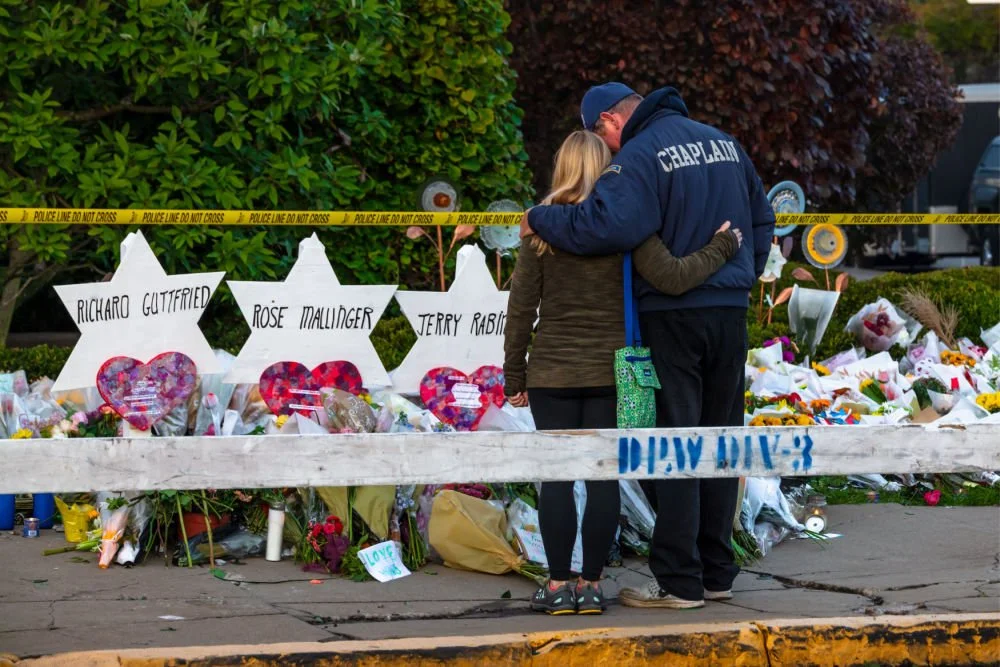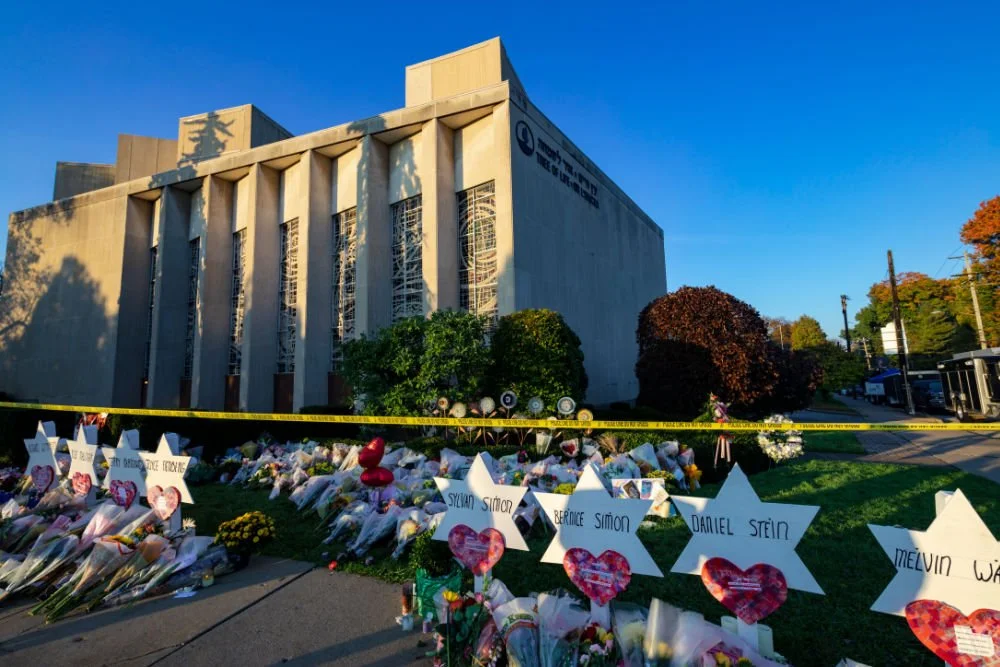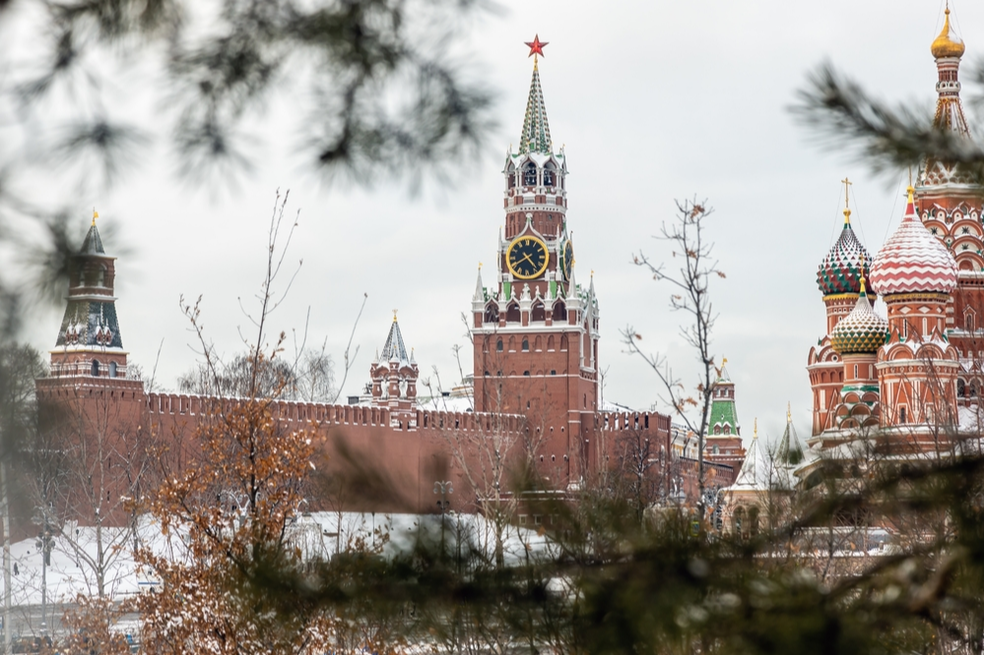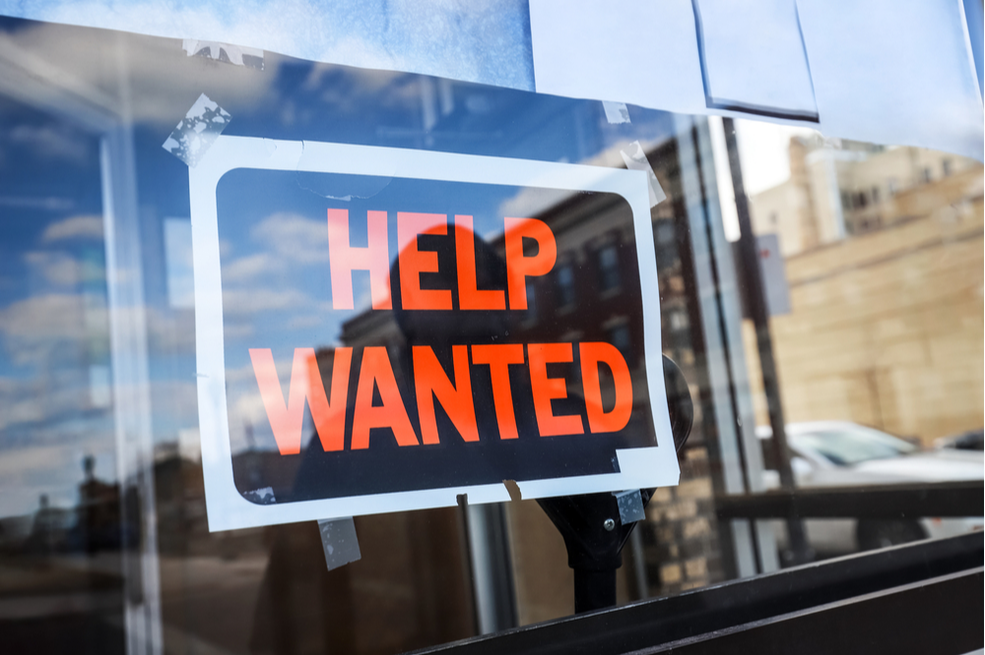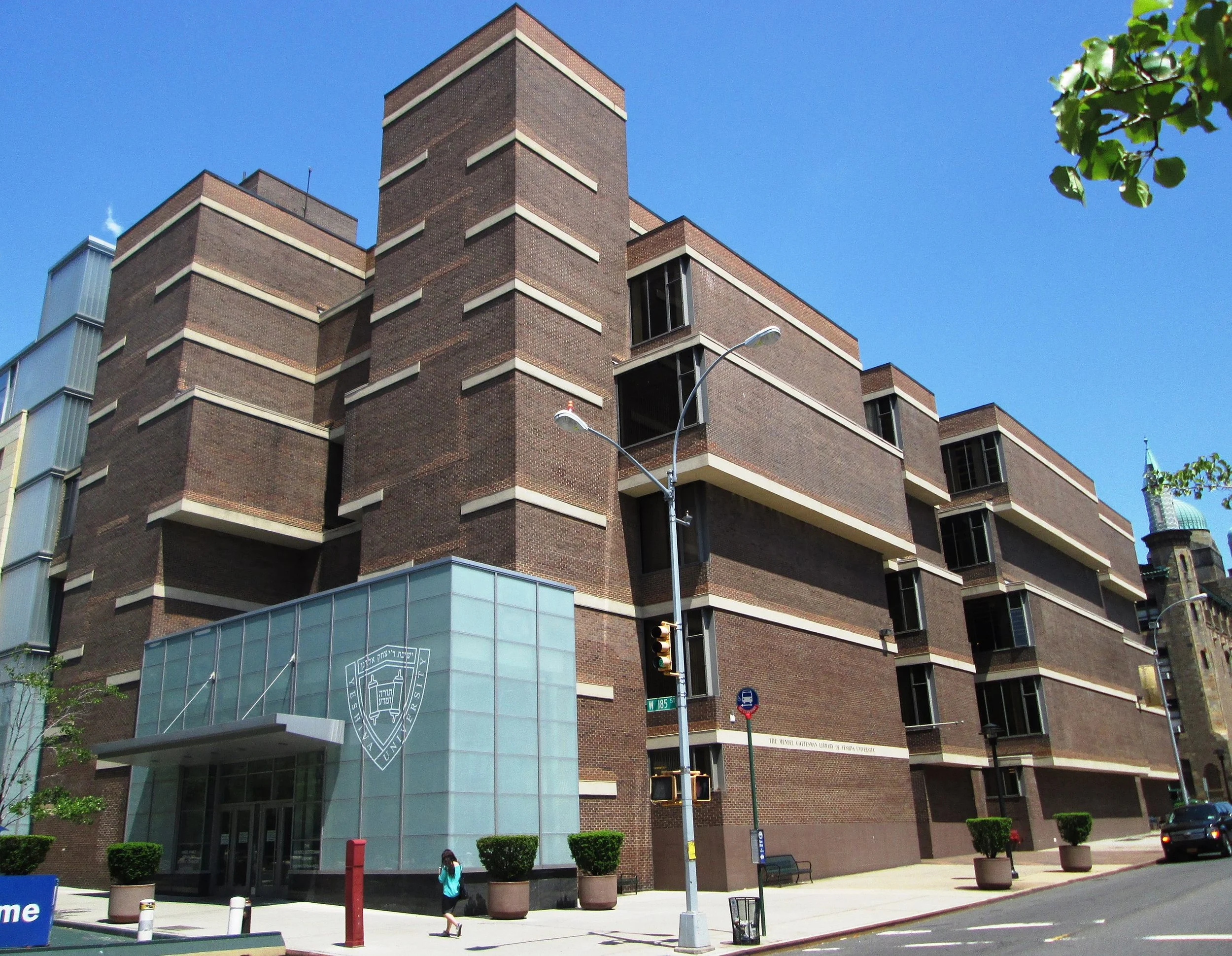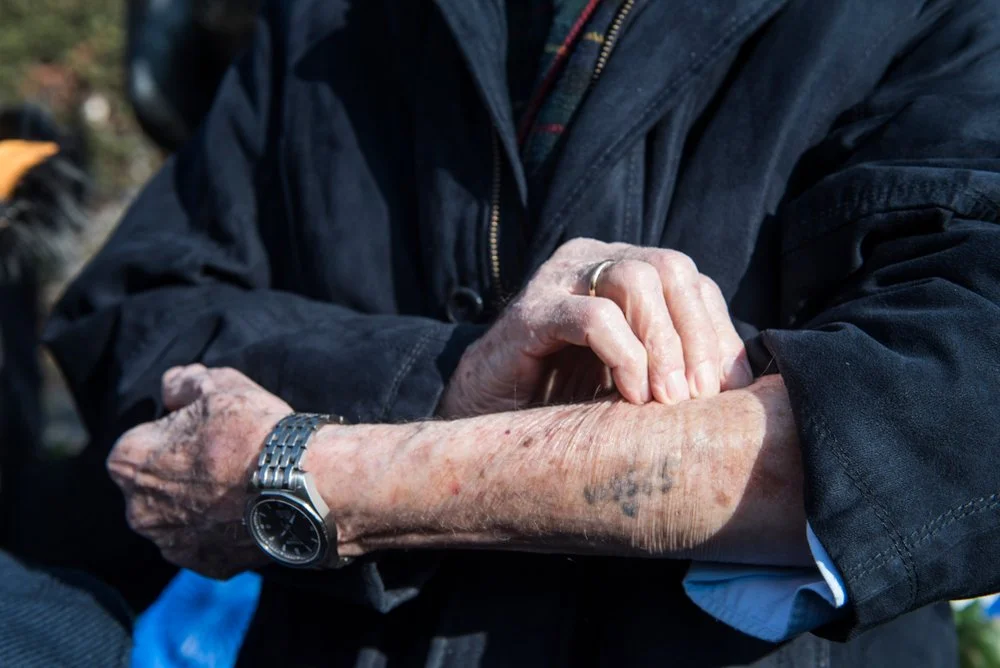A Coveted Cash Prize for Jewish Teenage Leaders Offers a “Vote of Confidence" and More
/The 2019 winners
Jackie Safier has met lots of inspiring Jewish teenagers, and wants them to know that those who create something impacting American society for the better have her support. Literally.
Fifteen American Jewish teens were recently awarded unrestricted grants of $36,000 each as the 2019 class of Diller Tikkun Olam Award winners. They are from all over the U.S. and created a wide range of projects, from summer camp experiences for refugee children; a program supporting siblings of kids with mental health or special needs challenges; organizing teens against gun violence; encouraging low-income girls toward careers in STEM; bringing art activities to children enduring long-term hospital stays; and getting books into the hands of children in daycares around the world. Each project was established by an American Jewish teenager between the ages of 13 and 19.
The prize is “a vote of confidence for teens that they’re modeling something important for their peers,” said Safier in an interview. Safier is president of the Helen Diller Family Foundation and daughter of the late Helen Diller. This year, 226 teenagers completed the lengthy application process, and a committee of 85 people selected the 15 winners, she said.
“It’s an intensely competitive process, and it’s support for them to continue that type of work throughout the rest of their lives,” she told Inside Philanthropy in an interview at the office of the Jewish Community Federation of San Francisco, the Peninsula, Marin and Sonoma Counties, which has a beautiful view of San Francisco Bay.
Safier is also CEO of her family’s real estate business, Prometheus. With 13,000 apartments and over 2 million square feet of commercial rental space, Prometheus is said to be the largest private landlord in the San Francisco Bay area. It also builds and manages apartment buildings in Portland and Seattle.
The Helen Diller Family Foundation focuses its giving on the arts and healthcare in the San Francisco area, universities in Israel, and Jewish education. The foundation gave a $35 million gift to the University of California San Francisco to establish its comprehensive cancer care center, and in 2017, a $500 million gift, the largest in the school’s history. In total, the foundation has now given more than $1 billion to the university. It also runs a year-long Diller Teen Fellowship for about 500 Jewish teenagers across the U.S. and in several overseas countries.
Helen Diller began the Teen Tikkun Olam (repairing the world) Award in 2007 in the San Francisco Bay area, the home base of the Diller Family Foundation, which, according to its most recent available tax return, has more than $34 million in assets. At first, only local teens could win, but the foundation later opened it to applicants nationwide. In its 13 years to date, the foundation has awarded more than $4 million to 129 Jewish teens. They generally use it to support their nonprofit work or college education.
Evan Barnard, for instance, has really gone places since winning a Diller Teen Tikkun Olam Award in 2017. He won for his project repairing and creating braille walking trails near his hometown of Johns Creek, Georgia. It started when he was 11 and saw a vandalized braille trail. The nature trails for the blind and visually impaired feature braille and regular signs, and guide ropes so vision-impaired hikers can enjoy nature as independently as possible.
Barnard’s website, “Nature for the Blind,” today lists more than 200 braille trails and sensory gardens for the blind in 35 countries and schools for the blind and organizations focused on making a wide variety of sports accessible to the blind in more than 100 countries.
Barnard’s work was covered in a CNN “Great Big Story” short documentary. Since winning the Diller Award, Barnard has been focused on accessibility of public spaces for the physically disabled, and on global nature preservation. He was a youth delegate to the United Nations and a One Young World Youth Ambassador at its 2018 conference in the Hague, where he championed public accessibility as a basic human right for anyone who is blind or disabled.
Now 21 and a student at the University of Georgia, where he is majoring in ecology and international affairs, Barnard is using his $36,000 award to fund time in several study-abroad programs, he wrote in an email from Mexico, where he is currently studying agricultural ethics from a STEM perspective.
He has already studied sustainability in Australia and New Zealand, eco-tourism in Fiji, and environmental journalism in Costa Rica, he wrote. “I also studied entomology and conducted research in mainland Ecuador and the Galapagos. Following an internship at the Woodrow Wilson International Center for Scholars in Washington, D.C., in their Environmental Change and Security Program, I studied environmental politics and international organization at the University of Oxford in England. In May, I attended Stellenbosch University in South Africa to study political development and investigate water security, and I am currently studying agricultural ethics and development in the Yucatan. The opportunity to study abroad has given me a global perspective and understanding that will fundamentally underscore my dedication to human rights and environmental security worldwide.”
Barnard is aiming for a career in international human rights and environmental security.
Adam Hoffman, 19, is one of this year’s awardees. After graduating from a modern Orthodox day school in Houston, Texas, he spent a gap year at an Israeli yeshiva and will soon matriculate at Princeton. His award-winning project is “A Day of Unity.”
“We work to combat political polarization through youth empowerment and education,” Hoffman said in an interview. “We organize student conventions and workshops to promote the idea of ‘person before politics.’”
He had the idea after participating in the Bronfman Youth Fellowship in 2017, during the summer between his junior and senior high school years. That highly selective program chooses 26 American Jewish students with a diverse range of backgrounds and views to participate in an intensive program in Israel focused on Jewish pluralism.
“We were able to have really healthy dialogue and discussion over all sorts of issues, including abortion and gun control. It wasn’t who is right or who is wrong, but about listening to and respecting each other,” Hoffman said. “I returned to Houston to see unfavorable views of the members of the opposite (political) party. I felt the community was being torn apart.”
Then Hurricane Harvey struck his neighborhood in Houston’s Bellaire area, and in the aftermath, he says, “I saw neighbor helping neighbor, no matter what their color or religion or political views. I had these two experiences juxtaposed, and wondered ‘why can’t we have this unity that we had after our time of crisis all the time?’’
Hoffman, who identifies as a conservative Republican and was chairman of Texas’ High School Republicans, knew he had to reach across the aisle, so he contacted the chairman of Texas High School Democrats, and they created an inaugural conference in 2018, which attracted about 350 people, he said. The conference this year was smaller and focused on workshops. Now, there’s interest from students in Austin and San Antonio, so the plan is to take Day of Unity statewide in 2020, he said.
Hoffman is spending this summer working as a legislative intern for Ted Cruz, Texas’s Republican senator. “I plan to put a significant portion of the $36,000 toward funding conventions and the growth of Day of Unity, and some of it toward funding my education.”
Day of Unity, which is applying for federal nonprofit status, has developed a curriculum that Hoffman wants to see implemented in Texas school systems “to hopefully bring a social revolution that we believe this country needs,” he said.
The awards program put out a statement applauding its winners, who “are confronting the most difficult and divisive issues of our time by bringing passion, commitment and their own personal engagement. These teens remind us that people of any age can make a difference in the world, and they are inspirational examples for us all.”
The winners and their families will meet in San Francisco for an awards ceremony on August 19th.
Safier’s motivation, she told Inside Philanthropy, is to encourage Jewish teenagers to continue their work of improving the world. “If you can impact teens early on, it’s a great investment.”










